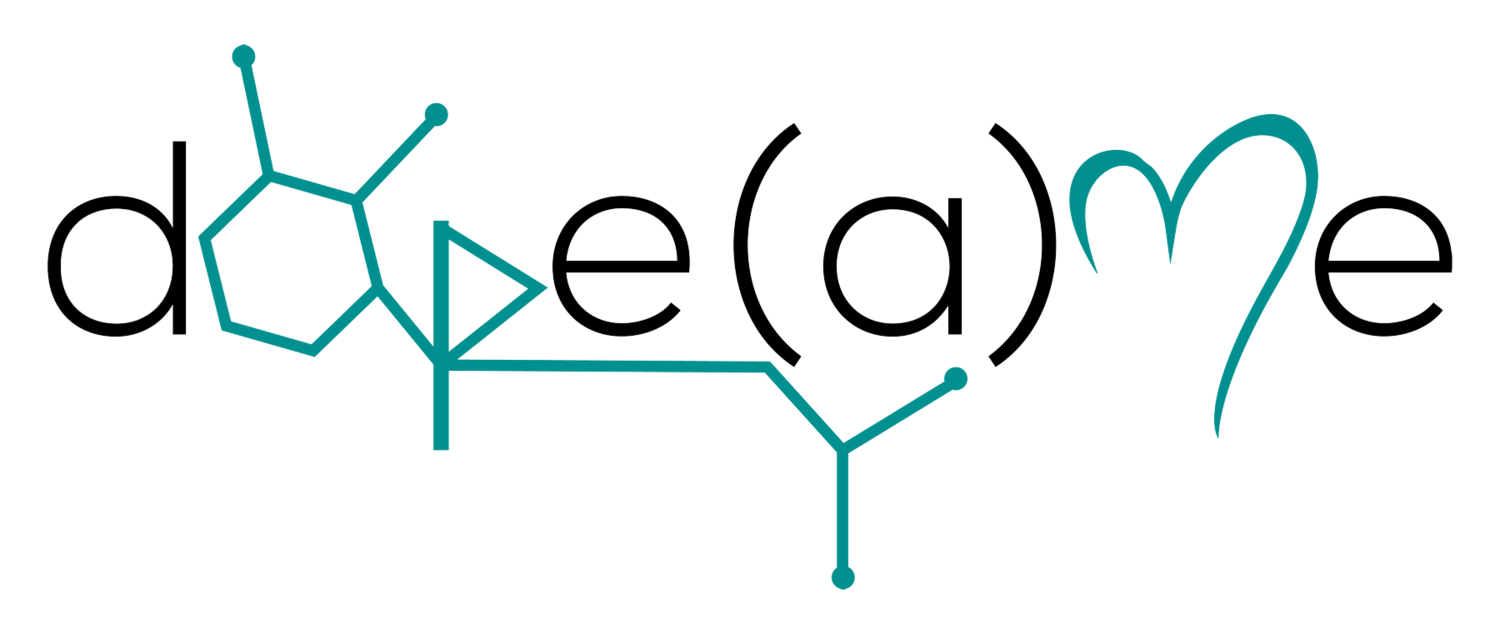A problem in our modern culture has arisen as a surprising symptom of what is also one of our greatest feats; scientific and technological innovation. In some ways the convenience and comfort of consumerism has significantly improved quality of life and increased access to knowledge, wisdom and medicine that would otherwise be out of reach, yet in other ways it has contributed to our demise. As I like to say, "too much of anything is no longer a good thing."
In our collective thirst for outsourcing and seeking a magic "pill" as a remedy for what ails us, many people have lost touch with what their own body is capable of.
Rather than relying wholly on the bounty of pharmaceuticals available when seeking assistance with conditions like anxiety, insomnia, IBS, depression or PTSD, we would all be better off if we also understood how resourced we are with tools like a change of diet, more exercise, somatic therapy, meditation, the ceremonial use of plant medicine, and breath literacy.
Did you know: Research suggests that many common modern struggles like anxiety, lethargy, general nervous system dysregulation, asthma, attention deficit hyperactivity disorder, psoriasis, heart disease, cancer, incontinence, constipation, sleep apnea, and insomnia can be reduced or reversed simply by learning how to breathe properly and optimally.
“(Scientists) discovered that our capacity to breathe has changed through the long processes of human evolution, and that the way we breathe has gotten markedly worse since the dawn of the Industrial Age. They discovered that 90 percent of us - very likely me, you, and almost everyone you know - is breathing incorrectly and that this failure is either causing or aggravating a laundry list of chronic diseases...
This work was upending long-held beliefs in Western medical science.
Yes, breathing in different patterns really can influence our body weight and overall health.
Yes, how we breathe really does affect the size and function of our lungs.
Yes, breathing allows us to back into our own nervous system, control our immune response, and restore our health.
Yes, changing how we breathe will help us live longer.
The missing pillar in health is breath. It all starts here.”
- James Nestor, Breath
Breathing is both regulated by and deeply influential on a fundamental system in the brainstem which is receiving and delivering information with all other systems of the body. It's like a superhighway, and how we breathe reflects the health and quality of the roads, the weather patterns circulating the system, the organization of traffic, and the efficacy of each car arriving at its desired destination.
The unconscious pace, depth, and rhythm of your breath is an expression of your brainstem's assessment of the necessary dose of energy anticipated for your body’s needs and performance and is functioning within a window of current carbon dioxide tolerance dictated by your breathing habits of the past.
Ideally, our breath becomes slower and softer at rest, expanding more in the low belly and with less volume of air moving. Conversely, when mobilized and in need of more energy, our breath speeds up, shifts to more chest movement, and increases in volume of air being moved.
An optimal breath will also shift back to a restful breath as soon as mobilization and energy needs decrease. The problem for many people is a lifestyle, culture, habits, and past traumas, injuries or emotional wounds, that all feed into keeping our nervous system dysregulated or operating within a narrow bandwidth of activation for far too much of the day, missing out on the vital component of consistently and predictably regulating after activation for a flexible and adaptive nervous system.
With breath literacy, you will improve your mental and physical health, increase your Self awareness, interoceptive skills, and your ability to self regulate to mediate emotions or shifts nervous system states as desired.
It’s not enough to just know what an optimal and functional breath looks like or cognitively understand the purpose and power of self compassion (or any other integral quality for well being). We also must honor that every part of you is working in service of safety and homeostasis, maintaining balance within the current system's boundaries. Our wise system has found balance in what it has been exposed to and we can’t just swiftly change one thing without impacting and exposing the whole system. There are many reasons why we stop breathing well, and to course-correct, it is best to make slow and steady changes. When there is force or manipulation of the breath without the equal importance of surrendering to your body’s guidance and wisdom by allowing your body to breathe in the way that feels good, we can cause overwhelm or unnecessary suffering and disruption.
So where to start?
Get curious about your own breathing patterns and habits.
Develop a daily-ish practice of pausing to relax and be with your breath. Guide it to be slow(er), feel it low(er), and soften and smooth it out like a wave massaging your internal organs
Experiment with gentle breath holds at the top of the inhale and bottom of the exhale to slow the breath down and gently become more familiar with mild air hunger
Reach out with questions and curiosities.
xoxo

